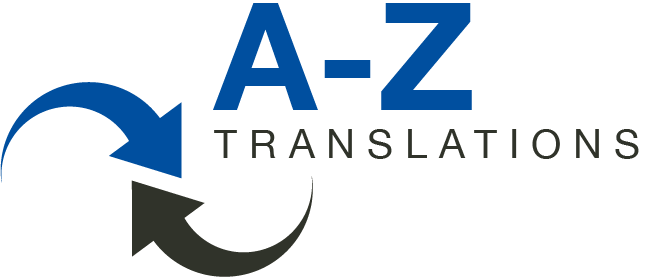I have recently posted about the rosy future for translators, despite the recent rise of no-longer-quite-as-terrible-gibberish-producing machine translation, and at the SDL Roadshow I attended this week in Munich, the statistics also confirmed that translation (and related fields) is a strongly growing industry and there will be plenty of work to go around in the future.
I am by far not the only one writing and thinking about this topic, and opinions vary, yet the one thing almost everyone agrees on is that we will not be able to escape MT in the long run (except perhaps in some very specialized and creative areas).
The real question therefore is how we as translators will deal with this.
Post-editing is more and more becoming a skill of which every translator should at least have some knowledge, and some may even decide to concentrate on that instead of on the traditional approach to converting a text from one language into another.
My colleague Elisabeth Hippe-Heisler has recently posted about her experience with one of the new neural MTs, DeepL, on her blog, which is very much worth a read. Her conclusion: «If computers are indeed becoming more and more capable of taking over
the boring bits of our work, then this can only be a welcome move
forward. For it’ll mean we will at last be able to concentrate and spend
more time on the bits in our texts that are actually interesting, that are blissfully complex and therefore worth getting our teeth into!«
I can only agree!
